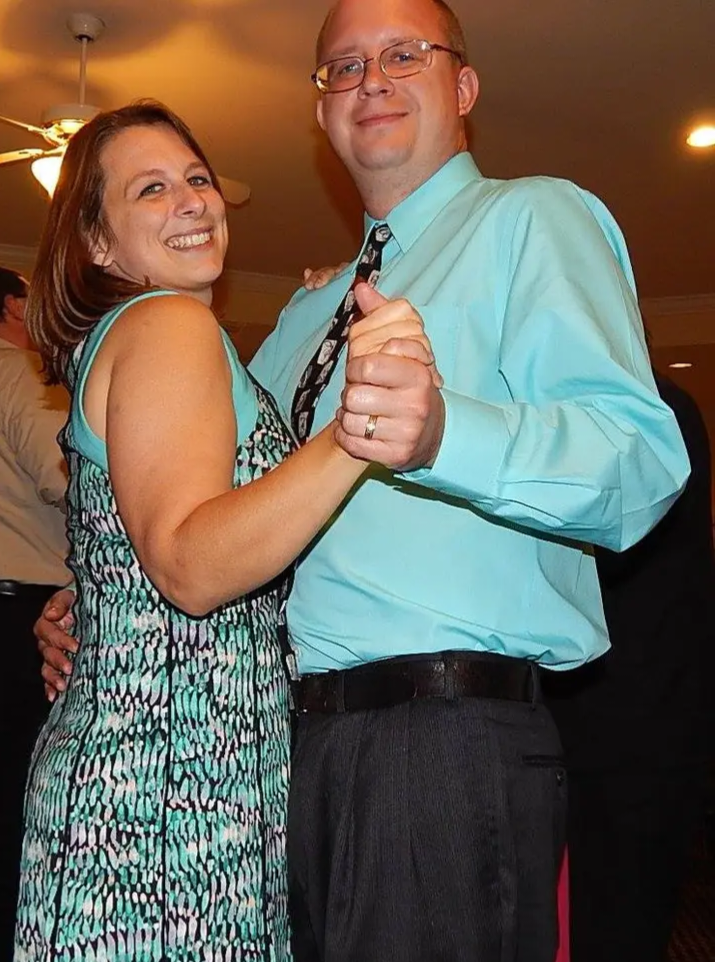
Before his diagnosis in November of 2021, Cal Templeton knew he wasn’t feeling well. He was always tired and easily exhausted by simple tasks, such as walking from his car into his house or taking the elevator to his floor at work. And afterward, he would have to sit down for at least half an hour to catch his breath. His feet were swelling so much that he had to wear shoes that were two sizes too big just to feel comfortable. He also had a lot of extra fluid in his body that made it uncomfortable to lie down, and it was difficult to sleep throughout the night. “I honestly felt like I was dying,” Cal recalls.
Cal’s visit to the doctor’s office was brief. The doctor told him that he had extreme end-stage chronic kidney disease (CKD) and that he would have died if he’d waited a few more days to be seen. Then, he was sent to the emergency room, where he received emergency dialysis through a catheter in his chest. Over the next few days, 40 pounds of excess fluid (roughly 6 liters) were taken out of his body. He continued to stay in the hospital for the next two weeks while he received treatment, then he was dialyzed three times per week. After four months of treatment, Cal’s chest catheter was removed, and he was given a peritoneal dialysis (PD) catheter that was placed in his stomach.
Adjusting to regular dialysis was hard for Cal. Not only did his schedule now revolve around receiving treatment, but while he was at the clinic, he would often faint. After each session, he would spend most of the day sleeping to recover his energy. Eventually, Cal was able to dialyze at home, and he has done so ever since. He likes home dialysis so much that he has become an advocate.
Cal has written a book on his journey with kidney disease, called On Borrowed Time. He’s received a lot of reviews from others with CKD about how much it means to them, and some people have even sent copies of his work to family and friends to help them understand what it’s like to live with the disease.
Cal is currently waiting to be put on a transplant list, but he has family members and friends who are willing to donate their kidneys if they match. In the meantime, Cal has joined a support group run by DaVita, a company that offers dialysis services for people with kidney disease. He is also involved in NKF’s Peer Program, where he mentors people who were recently diagnosed with the condition. In addition to this, Cal participates in the NKF’s Kidney Walks and other events throughout the year.
Living with CKD, Cal remarks, can be a very isolating experience at times because so few people know about it or understand it. He finds these gatherings to be very uplifting because he can be around people who have similar experiences to his own, and people who are there for the same reason that he is—to bring awareness to kidney disease and to support people in the kidney community.
For more information about NKF’s Peer Mentor program please visit Peers. For more information about Living Donation, please visit NKF's Living Donation webpage.